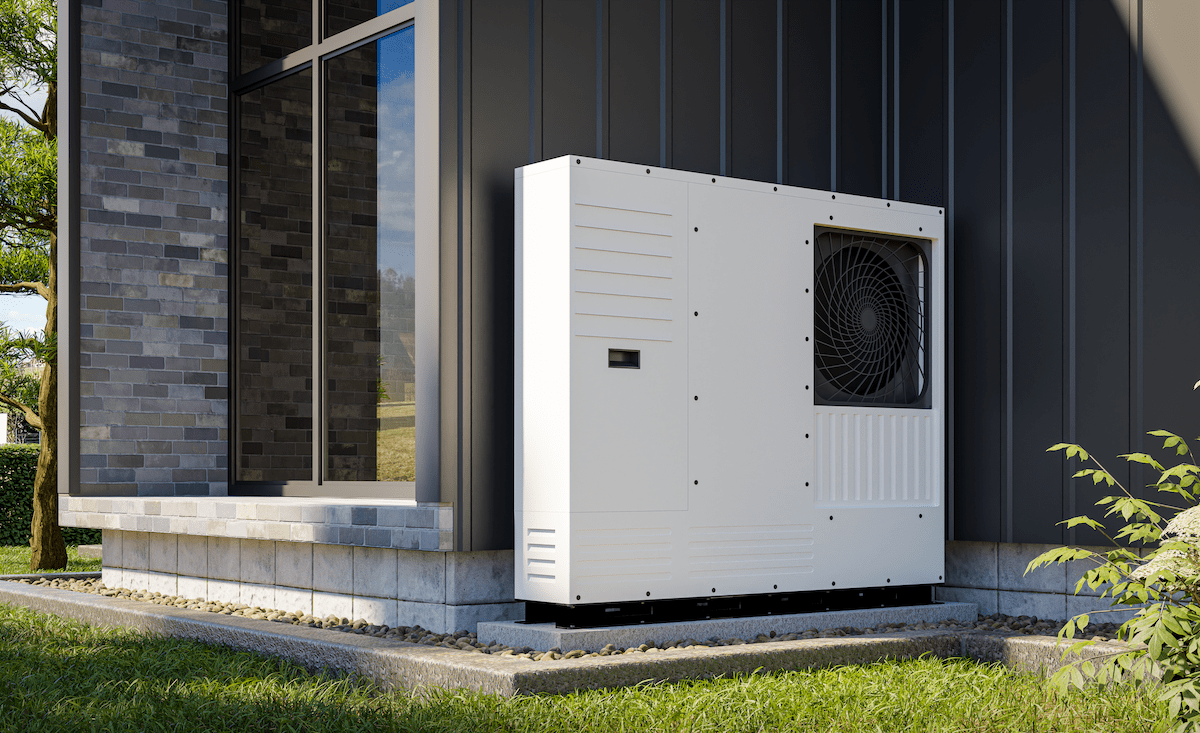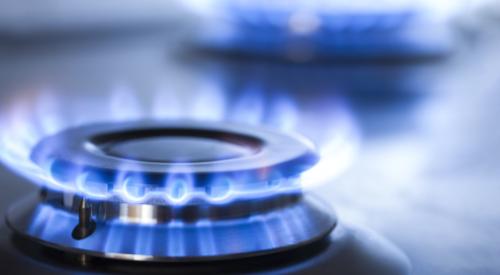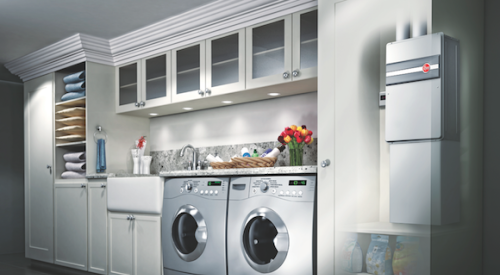Researchers at the National Renewable Energy Lab (NREL) have authored a new, very detailed study that aims to get a clearer sense of heat pump costs and benefits and the challenges associated with deploying heat pumps in the U.S., Heatmap News reports.
Ultimately, the study finds that heat pumps are far more efficient than other options and that in each of the 48 contiguous U.S. states switching to a heat pump reduces emissions immediately—even if the heat pump is a relatively inexpensive, less-efficient model.
But what about cost-effectiveness? The study found that heat pumps are a cost-effective choice in about 60% of the U.S. (approximately 65 million homes)—before taking into account the various subsidies offered by states and the federal government. But even so, widespread adoption faces economic barriers. Bringing down the cost of the best (that is, more efficient) heat pump models will be key to increased adoption, since the cost of heat pumps currently puts them out of reach for many Americans, even though a heat pump can provide homeowners with significant energy savings.
3. Heat pumps almost always beat propane, fuel oil, or electric resistance heaters. Natural gas is more complicated.
When it comes to bill savings, the study found that those who have systems that run on propane, fuel oil, or electric resistance heaters will pretty much always lower their bills by switching to a heat pump, no matter how efficient it is. But those who use natural gas are far more likely to lower their bills if they can afford to switch to one of the pricier, better-performing heat pumps — which cuts into the value proposition.













